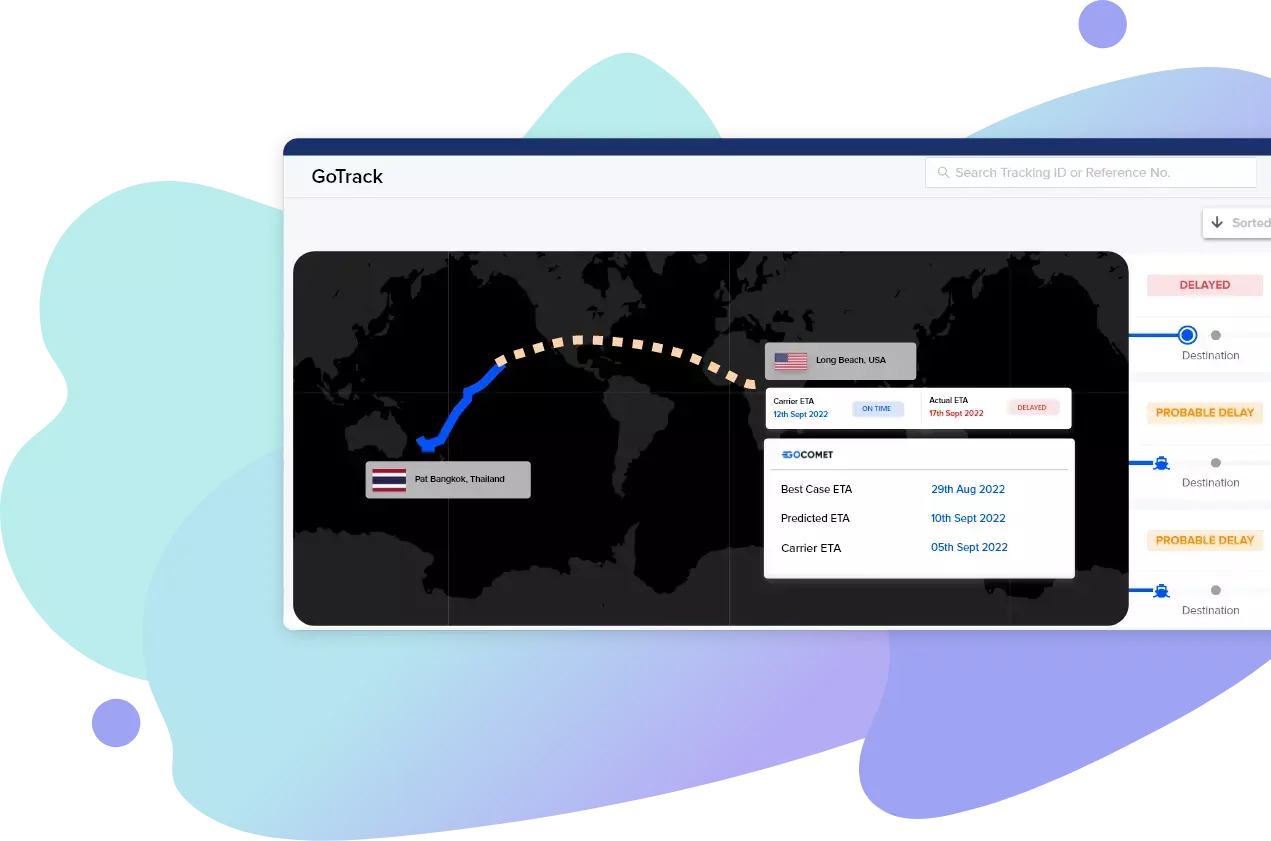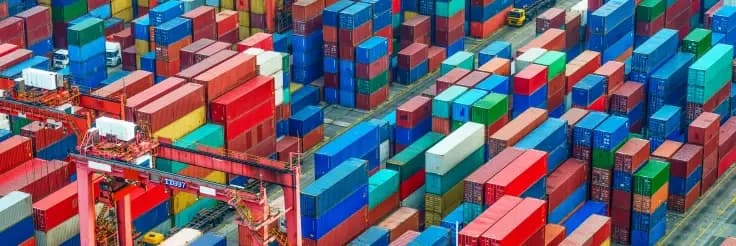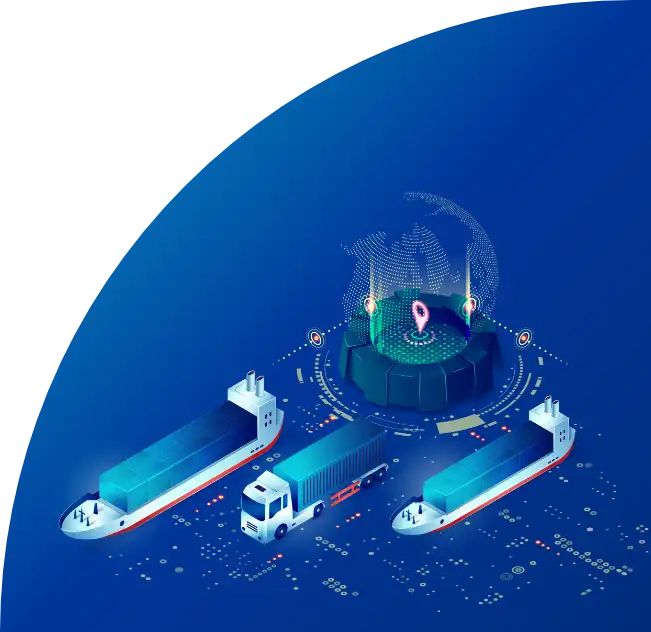Current Port Congestion in Qatar
Discover the latest congestion trends impacting Qatari ports, including Hamad and Al Ruwais, where growing container volumes, industrial project cargo, and regional transshipment flows influence maritime operations. Use GoComet’s port congestion tool to track real-time vessel activity, berthing schedules, and port performance to better manage your shipments to and from Qatar.
Need access to our entire database?
Ports List
















































































Port Delay by Country
About Qatar Ports and Congestion
Need weekly report on port congestion for your desired ports?
Feature Insights
Sailing Schedule
63%
shipments do not arrive on-time at Qatar region
Carrier Spotlight
MSC
has the highest shipments arriving on-time for Qatar region
GoComet launched revolution!
Stay up to date with live weekly
congestion status of your ports


Navigating port congestion to mitigate 51% of the delivery delays: Case study
In today's globalized world, efficient supply chain management is crucial for businesses to thrive. However, disruptions such as port congestion can significantly impact delivery schedules, leading to frustrated customers and compromised production c...
# blog

Region-Specific Port Congestion Analysis – Quarterly Report
Global port congestion in Q1 2023 has improved significantly from its peak in Q4 2021, but it is still far from normal. The main factors that have contributed to the improvement are the easing of COVID-19 restrictions, the return of some ships to ser...
# blog







Frequently asked questions
What is Qatar’s busiest cargo port?
Hamad Port is the country’s main port for container, bulk, and general cargo.Does congestion regularly affect Qatari ports?
No, congestion is minimal thanks to modern infrastructure and predictive vessel scheduling.When do congestion spikes typically occur?
Peaks usually align with high-volume agricultural imports and large-scale infrastructure deliveries.How is Al Ruwais different from Hamad Port?
Al Ruwais supports regional and coastal trade, while Hamad handles the majority of deep-sea cargo.What systems are in place to manage congestion?
Qatar uses digital berthing systems, RFID cargo tracking, and proactive traffic control at all ports.
